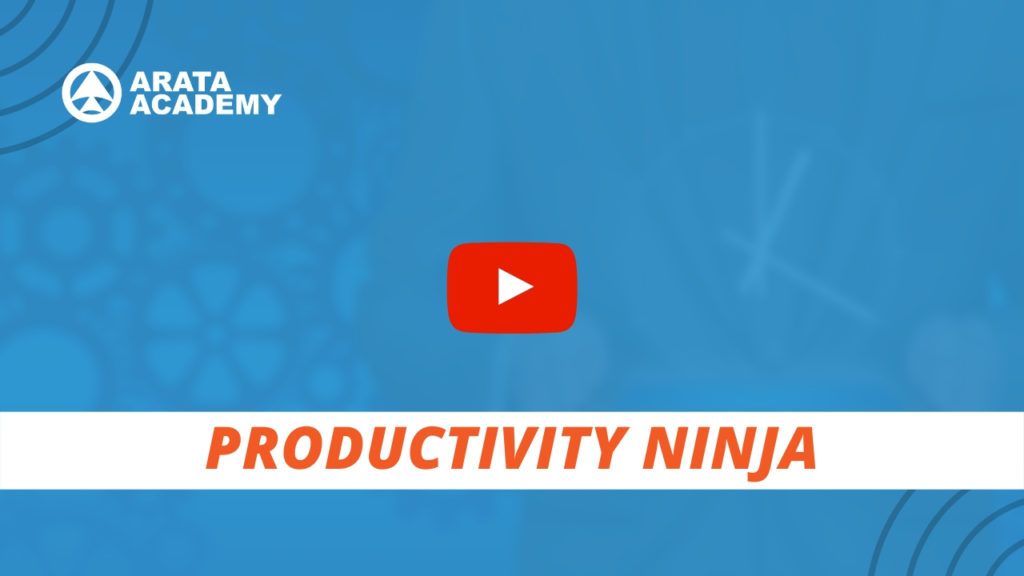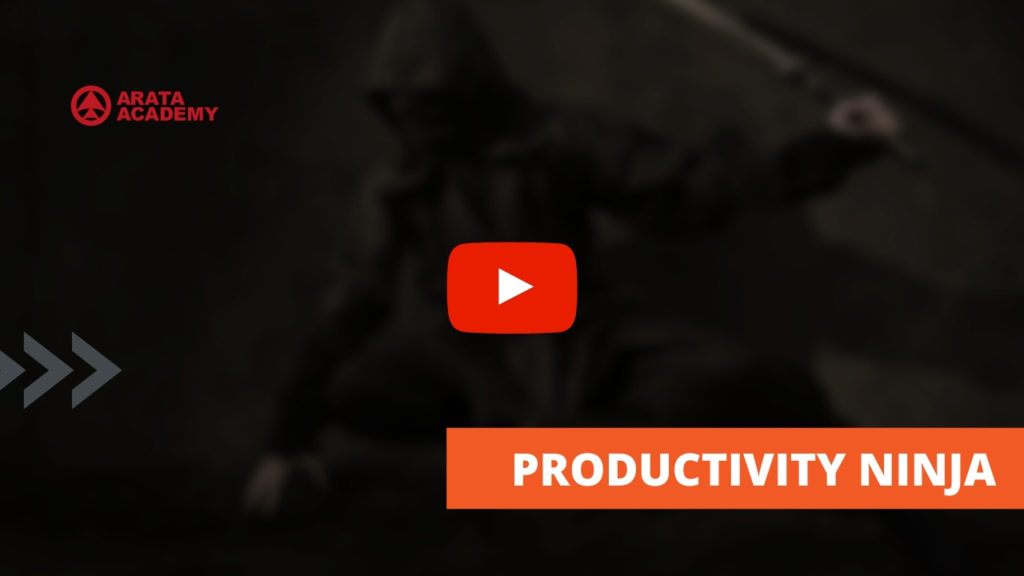Hello! Seiiti Arata. If you are unsure about the direction your life is taking, it might be an excellent idea to take a break—assess the current situation, think about the desired destinations and then map out a life plan.
1. The planning has to be excellent.
Remember the previous video on the Kaizen and continuous improvement? [http://arata.se/hello47]
When I do my planning, I do not want to settle for something poorly made. If I am going to do something, I want to do it well. The plan has to be excellent. And what does that mean?
First let’s explain what is not optimal. I am in the mediocrity zone when I wonder
– How can I make a life plan?
– How can I make a good life plan?
These questions do not activate my mind to get the best answer.
I need to add the word “excellent” to my question, and it will change the quality of my answer. It’s the same difference between me asking “How do I hire an employee?” and “How do I hire an excellent employee?” Or “How to I bake a cake?” versus “How do I bake an excellent cake?” All the criteria and planning will be different. So my question should be:
– How can I make an excellent life plan?
Now I’m using my creative ability to map out a plan that is above mediocrity. Good is not enough. I want great, I want excellent.
2. The pursuit of excellence helps me discard what is mediocre.
A warning: we do not yet know what is the best way of all… because for that, it would be necessary to have the ability to predict the future.
So when I want to find out what is excellent, I am willing to examine multiple options. I evaluate them all, one by one, with greater freedom to discard what does not meet my quality criteria.
If I am looking only for what is good, I accept anything, and I’ll get confused by the large number of possibilities. But when I’m looking for what is excellent, my standards are high, and I do not accept just anything.
3. It is only excellent when it is realistic.
Imagine that I do a survey of what I consider to be desirable. I have high standards, and I have clarified what I want. Perfect.
I decide, for example, that an excellent life plan would be one where I become a director in my current company in five years. I also want to have three children. I want to have my own home and a beach house, I want to masterfully play some musical instrument, and I want to read at least one good book a month. I want a healthy body and to keep in shape, and of course I also want to put my family life as a priority.
I need to look at how much time I need for each of these objectives. Some of them represent a kind of final destination (such as the day when I can purchase the beach house), and others represent a kind of continuing journey (such as family life).
For goals with final destination, I determine the time needed to get there, how much money I will need, what skills I must cultivate, what actions I need to begin, and the major milestones that will indicate if I’m on the right track.
And here comes the important part: imagine that in my case I added too much to my basket. I want to have professional success too early, so it is not realistic to simultaneously have the best quality of family life, much less practice sports or learn to play musical instruments. What now?
REMEMBER: If my plan is not realistic, it’s not an excellent plan.
4. The search for the excellent plan does not end here.
We are improving our perception of an excellent plan… and how to get there.
I’m realising that to have an excellent plan, it does not mean that the plan has to be audacious and bold, with ultra-high standards—so high in fact that I will never accomplish the goal. I will be frustrated.
There is the expression, “Shoot for the moon. Even if you miss, you’ll land among the stars.” It’s a cute quote, but it depends on the way we interpret it. It could also be “Shoot for the moon and prepare to be encompassed by crushing darkness when you miss.”
If you really want to get to the moon, and if that really matters to you, keep track of what you are doing. If you realize you are not heading the right direction, don’t give up and stay among the stars! You can alter the route and adjust your next steps.
Any navigation has a destination, has a flight plan and has the compass and tools to focus and guide it.
As always, at the end of the video we have the best tips. Here are some tools that I want to share with you now. Please write down the following questions that will help you:
– Will this choice that I make today help me in the future?
– What can I do this morning that will be the best use of my time?
– What is the best way for me to finish this year with an extra 50K in my bank account?
– What are the best investment options for that fifty thousand?
– Does it make sense to continue living here? If I move, what is the best place for me to live?
– What are the relationships that I will nurture? In what relationships will I invest less time?
– What courses should I start taking? What should I learn?
– Which television programs should I stop watching?
– Which habits do I need to start? What habits should I change?
If you want to learn how to change your habits, visit the http://arata.se/ebookhabits link to download an ebook that I have prepared for you.

